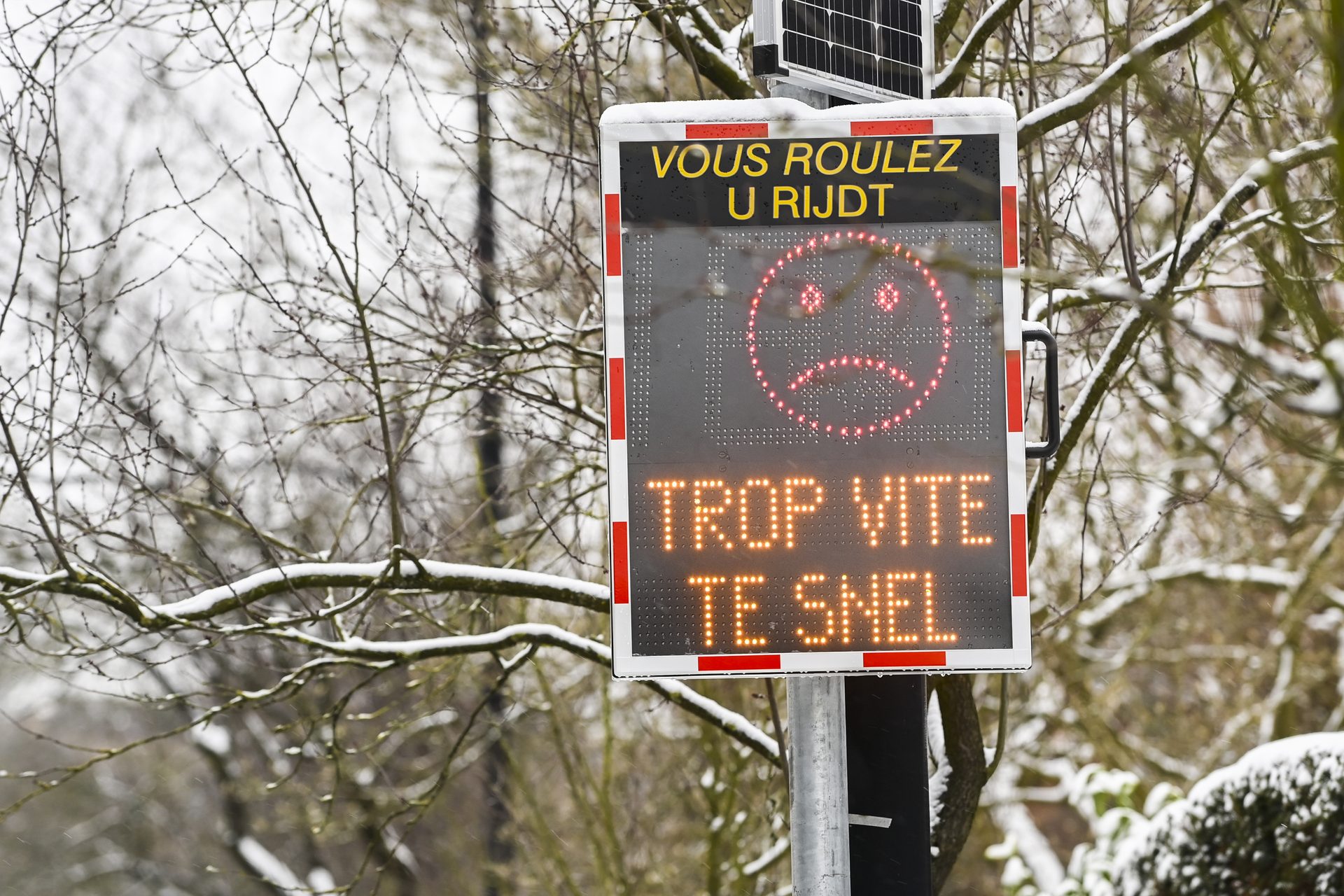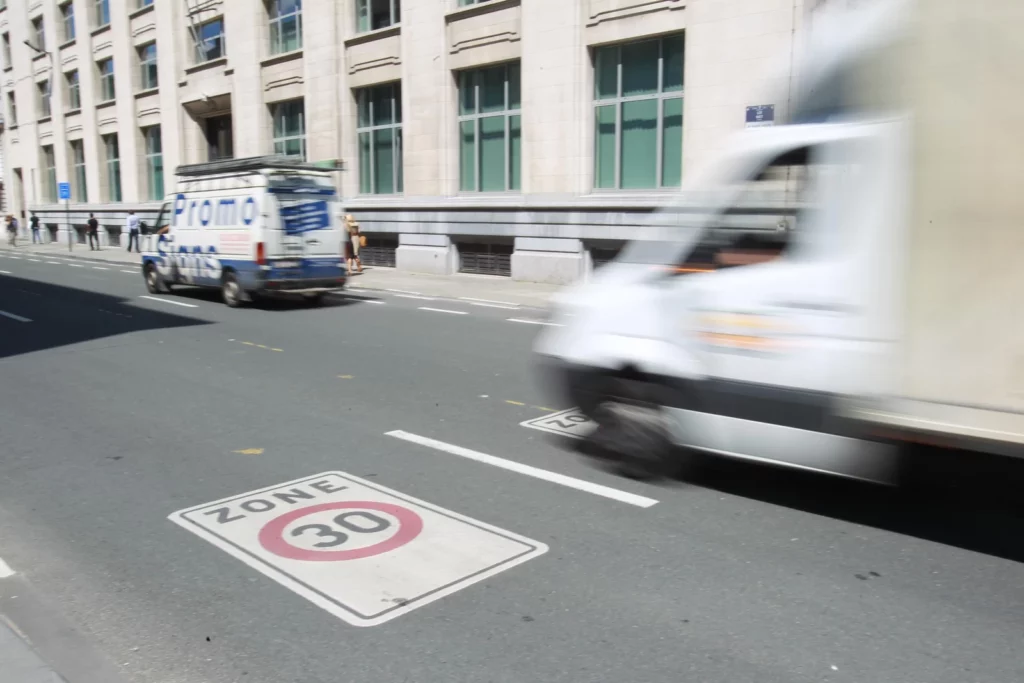Almost half a million more traffic offences were recorded in 2024 than in the year before, according to figures from the Federal Justice Department. Remarkably, the number of offences detected in Flanders fell slightly, while Wallonia recorded an increase of more than a quarter.
Every year, the Justice Department collects figures on traffic offences, fines and official reports. Those figures show that the number of offences recorded increased by over 7% in 2024, from 6.5 million in 2023 to over 6.9 million last year. In 2022, the number was still at 6.2 million.
Flanders still takes the crown with almost 4.4 million offences detected, accounting for 63% of the total. However, it is Brussels and especially Wallonia that are responsible for the increase in 2024.
In Flanders, the number of offences detected has been falling slightly since 2022, while the Walloon Region has seen a rise of as much as 44% over the same period. In Brussels, the increase was 31%.
Why the increase?
The explanation is twofold, according to Justice Department spokesperson Edward Landtsheere. On the one hand, Wallonia and Brussels have installed more speed cameras in recent years.
On the other, tolerance margins (people could drive a certain number of km/h over the speed limit without being fined) used to be much wider, but have been reduced in recent years. In Flanders, this happened less frequently.
Additionally, many Flemish municipalities punish minor offences with administrative fines (GAS fines) – a system that Brussels and Wallonia do not have.
Speeding is the cause of a third of traffic deaths, but remains the number one traffic offence. The police handle most traffic violations (about 93%) automatically by fining on the spot. 93% of these cases concern speeding.

Sign reads 'You are driving too fast'. Credit: Belga / Laurie Dieffembacq
The chances of being caught have increased in recent years. "We are reaping the benefits of earlier investments such as more route controls, mobile cameras and close cooperation with police forces," said Landtsheere.
For example, the number of offences detected by a mobile camera increased by 10% between 2023 and 2024. Abolishing tolerance margins on motorways also means the chances of being caught are higher.
The same applies to driver identification: about a third of traffic offences occur with a company car, of which there are some 626,000 driving around Belgium. Companies receiving a traffic fine must let the court know who was behind the wheel at the time of the offence, otherwise they risk a fine. But in 2022, this only happened in 57% of cases. That figure increased to around 75% in 2023 and 2024.
In spring 2023, the fine letter for companies was updated. Since then, it clearly warns that companies which do not identify the driver risk an out-of-court settlement of €500. Additionally, the option for the company to pay the traffic fine itself was removed, and the driver will receive a separate letter with a payment invitation after identification.

